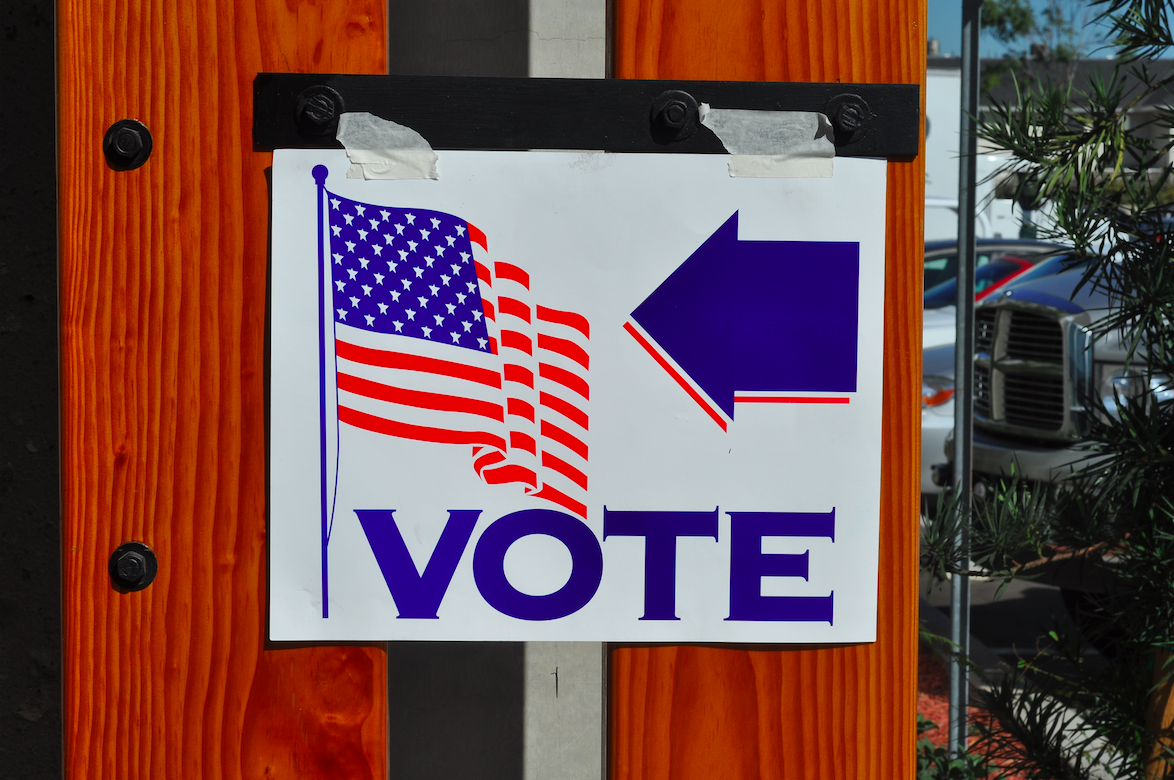
Since 2010, two gubernatorial elections have featured an incumbent governor running against the state's lieutenant governor. This year, gubernatorial elections in North Carolina and Vermont each have the potential to feature the incumbent and the state's lieutenant governor.
Vermont Lt. Gov. David Zuckerman (Vermont Progressive Party/Democratic) announced Monday that he would run for governor this year. Incumbent Gov. Phil Scott (R) is eligible to run for re-election but has not announced whether he will do so. In North Carolina, Lt. Gov. Dan Forest (R) is challenging incumbent Gov. Roy Cooper (D). Both are running in contested primaries; Forest faces state Rep. Holly Grange (R) while Cooper faces businessman Ernest Reeves (D).
A Zuckerman-Scott or a Forest-Cooper matchup would be the first time a state's governor faced the lieutenant governor in the general election since Ballotpedia began coverage of state executive elections in 2010. During that period, there have been two times when a state's governor faced the lieutenant governor in a primary election.
In 2011, then-West Virginia Gov. Joe Manchin's (D) resignation prompted a special election for the remainder of Manchin's term. Six candidates ran in the Democratic primary, including acting Gov. Earl Ray Tomblin (D) and acting Lt. Gov. Jeffrey Kessler (D). Tomblin won the primary with 40.4% of the vote and went on to win the special election in November and a full term the following year.
The other governor-lieutenant governor primary contest also involved a vacancy; after South Carolina Gov. Nikki Haley (R) resigned to serve as U.S. ambassador to the U.N., Henry McMaster (R) succeeded to the governorship. In the 2018 gubernatorial election, McMaster and Lt. Gov. Kevin Bryant (R) were among the five candidates seeking the Republican nomination. McMaster won the Republican nomination after advancing to a runoff against businessman John Warren (R) and went on to win a full term in the November election.
The responsibilities and selection process for the office of lieutenant governor vary widely from state to state. In 26 states, the lieutenant governor runs on a ticket with the governor, while in 17 states the office is elected separately. Of the 17 that elect governors and lieutenant governors separately, three—Louisiana, North Carolina, and Vermont—currently have a lieutenant governor of a separate party from the governor.
Five states do not have a lieutenant governor at all. Two of them—Arizona and Oregon—currently have a governor and secretary of state (the office next in line to the governorship in both states) of different parties. The remaining two states give the title of lieutenant governor to the state senate president.
Click here to learn more.
Additional reading:
Vermont gubernatorial election, 2020
North Carolina gubernatorial election, 2020
South Carolina gubernatorial and lieutenant gubernatorial election, 2018 (June 12 Republican Primary)
West Virginia special gubernatorial election, 2011


